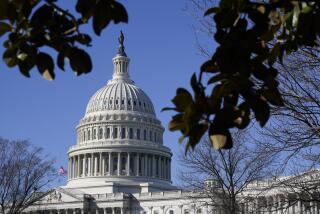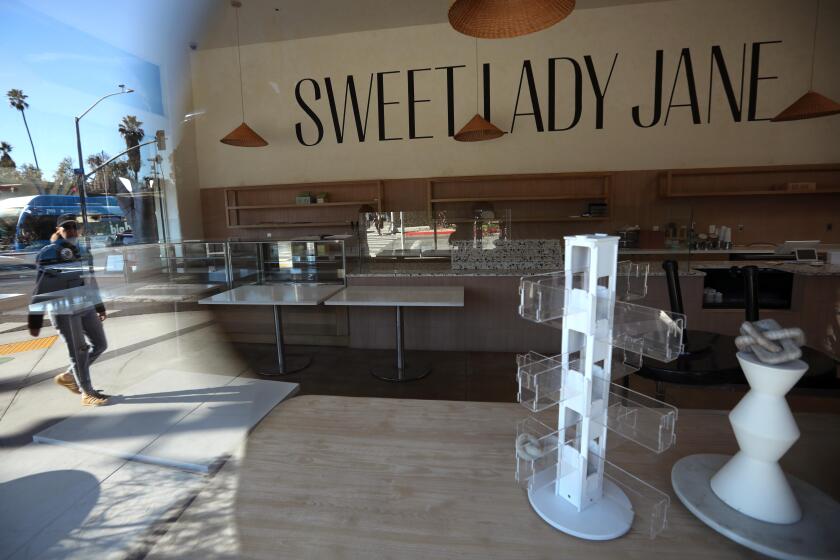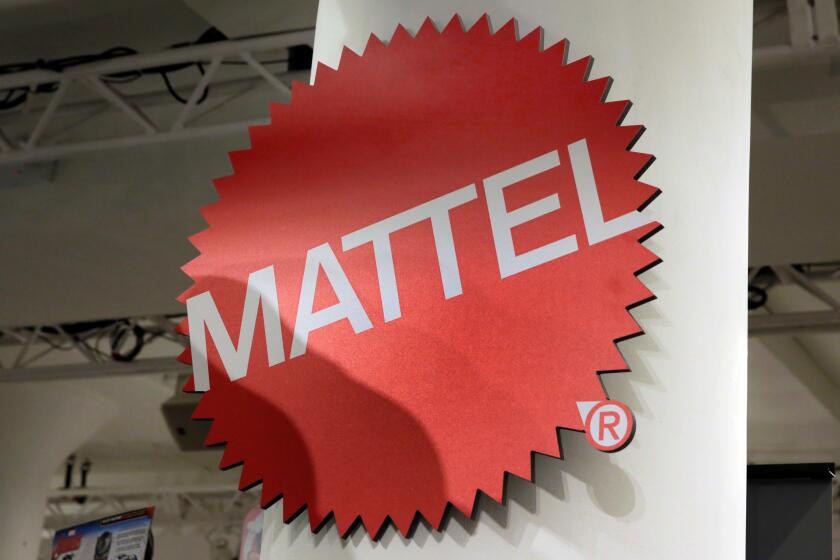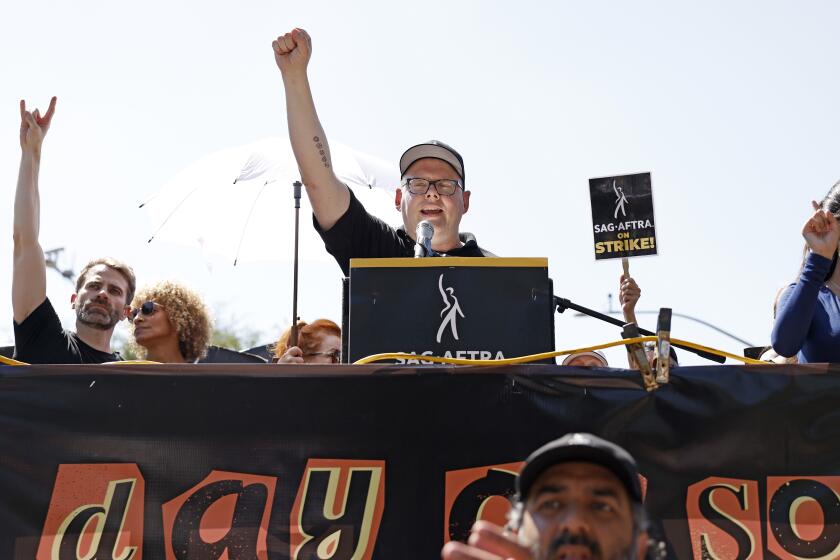The November election is already drowning in big, secret donations
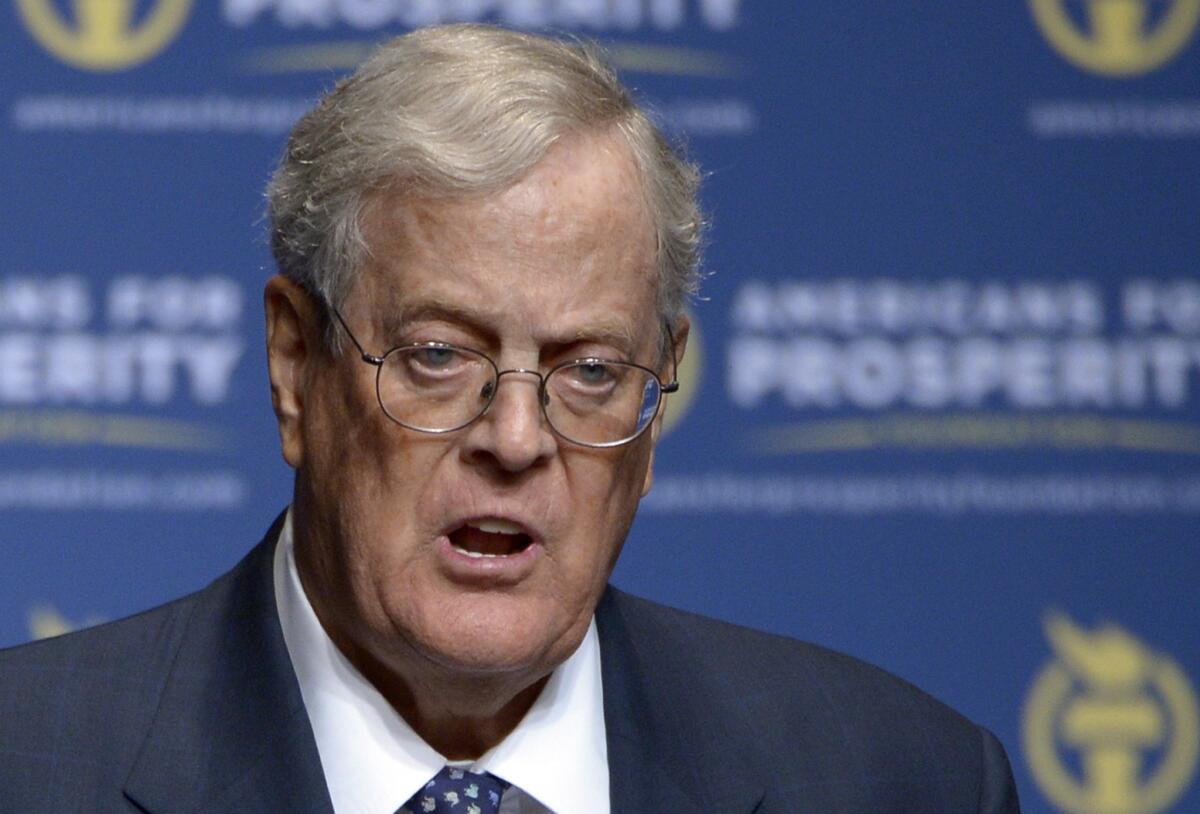
Labor Day is past and the race is on to fill the pockets of political campaign committees of all stripes, ahead of November’s midterm election.
If you thought that Supreme Court decisions like Citizens United (2010) and McCutcheon (2014) were going to shift the balance of electoral power toward millionaires and billionaires, prepare to be surprised: It’s going to be worse than you can possibly have imagined.
That’s the only conclusion to be drawn from preliminary analyses of campaign finance figures by the Center for Public Integrity, the Center for Responsive Politics, and other political watchdogs. “Voters around the country should brace themselves for a flood of spending in the coming months,” says the Center for Responsive Politics.
Actually, “campaign finance” is a bit of a misnomer: We’re talking about “dark money,” much of which is funneled through nonprofits that don’t have to disclose their donors. Known at 501(c)4 organizations, they’re not supposed to engage in electoral politics. But they do, and they’re prime carriers of the big-money infection.
They’re on both sides of the partisan divide--as CPI’s Michael Beckel reports, Democrats had barely finished cursing the McCutcheon decision in April before they were setting up a “jumbo” fundraising committee to “tap wealthy donors for even more cash.” And a super PAC associated with liberal billionaire Tom Steyer has said it plans to spend $100 million this year to attack climate-change deniers in Congress and statehouses.
McCutcheon took the leash off wealthy donors by invalidating aggregate contribution limits that kept them from giving more than a combined $123,200 to all federal candidates, parties, and political action committees. As CPI explains, donors are still limited to giving $5,200 per candidate per election, $5,000 to any PAC, and $32,400 to a national party committee.
But the real flood is on the conservative Republican side. The Center for Public Integrity determined that organizations affiliated with billionaires Charles and David Koch have already aired nearly 44,000 TV ads aimed at giving the GOP control of the Senate this year--one of every 10 ads aired in the election thus far. The Koch groups reportedly plan to spend $290 million against Democrats, using their support of the Affordable Care Act as a cudgel.
Overall, according to the OpenSecrets.org, an affiliate of the Center for Responsive Politics, dark money spending in the current cycle could end up somewhere between $750 million and $1 billion. By the end of August, dark money spending had reached $50 million, a record for this stage in a midterm.
Past patterns suggest that the vast majority of the spending is “yet to come.” At this point in the 2012 cycle, for example, Karl Rove’s Crossroad GPS operation had spent less than $4 million; it finished the cycle with spending of more than $70 million. (See accompanying graphic.)
And this is a midterm. Try to imagine what the spending might look like in 2016, with the White House hanging in the balance. If you’re an ordinary American trying to get your voice heard above the torrential downpour of cash by billionaires, you’re out of luck. All you have is your vote, but it’s money that talks.
Keep up to date with The Economy Hub by following @hiltzikm.
More to Read
Inside the business of entertainment
The Wide Shot brings you news, analysis and insights on everything from streaming wars to production — and what it all means for the future.
You may occasionally receive promotional content from the Los Angeles Times.


